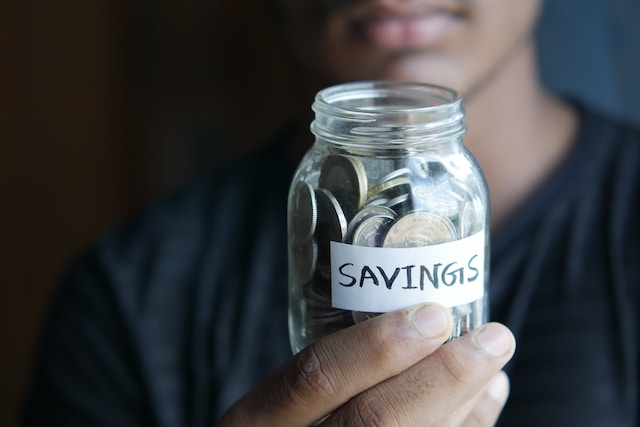As we navigate a world facing pressing environmental issues, it’s crucial that we take responsibility for our actions and live sustainably. Contrary to popular belief, sustainable living doesn’t have to break the bank. With a little effort and mindfulness, we can all make positive changes without sacrificing our budgets or our lifestyles. So let’s dive in and explore the possibilities of affordable sustainable living.
Tips for sustainable living on a budget:
As sustainable living becomes increasingly popular, many people may feel overwhelmed or intimidated by the perceived cost of making eco-friendly choices. However, it is possible to live sustainably on a budget. Here are some tips for living sustainably without breaking the bank:
- Reduce Energy Consumption: One of the simplest ways to live sustainably is to reduce energy consumption in your home. You can do this by turning off lights when you leave a room, unplugging electronics when not in use, and using energy-efficient light bulbs and appliances.
- Shop Sustainably: You can also make sustainable choices when shopping by buying secondhand or vintage clothing, supporting local and ethical brands, and choosing products with minimal packaging.
- Buy in Bulk and Reduce Food Waste: Buying in bulk can save money and reduce packaging waste. Additionally, planning meals and shopping for only what you need can help reduce food waste and save money.
- DIY Green Cleaning Solutions: Instead of buying expensive and potentially harmful cleaning products, try making your own using simple ingredients like vinegar, baking soda, and essential oils.



Ingredients:
- 1 cup white vinegar
- 1 cup water
- 10-20 drops of essential oils (optional)
- Instructions:
- In a spray bottle, combine the white vinegar and water.
- Add the essential oils (if using) and shake the bottle to combine.
- Use the spray to clean countertops, sinks, and other surfaces around your home.
- For tougher grime, let the solution sit for a few minutes before wiping it clean with a cloth.
- Some popular essential oils to use in green cleaning solutions include tea tree, lavender, lemon, and peppermint. These oils not only provide a pleasant scent, but also have natural antimicrobial and antifungal properties. Remember to always test a small area before using any new cleaning solution on a larger surface.
Living sustainably does not have to be expensive or difficult. By making small changes in your daily habits, you can make a positive impact on the environment and practice sustainable living on a budget.
Sustainability and Money:
Money may not be the first thing that comes to mind when you think of sustainable living, but it actually plays a major role in our ability to create a better world for ourselves and future generations. In this article, we’ll explore the importance of sustainability in relation to our finances and the many benefits that come with making eco-friendly choices.
Why does sustainability matter when it comes to money? The answer is simple: the way we spend and invest our money has a direct impact on the world around us. From the products we purchase to the companies we support, every financial decision we make can either contribute to or detract from the health of our planet and the people on it.
But there’s good news too: making sustainable choices can actually save us money in the long run. For example, investing in energy-efficient appliances or switching to renewable energy sources can lower our monthly bills and pay for themselves over time. Additionally, choosing to buy secondhand or opting for locally-grown produce can often be more affordable than purchasing new or imported goods.
Beyond the financial benefits, living sustainably is essential for the health of our planet. The products we buy, the companies we support, and the way we choose to invest our money all have a significant impact on the environment. By making conscious choices and supporting eco-friendly initiatives, we can help mitigate climate change, reduce pollution, and protect natural resources.
So whether it’s choosing to invest in green energy or simply bringing a reusable bag to the grocery store, every sustainable choice we make has the power to create positive change. By prioritizing sustainability in our financial decisions, we can not only save money but also contribute to a healthier and more equitable world.
Conclusion
As we come to the end of this article, let’s summarize the tips we’ve discussed for sustainable living on a budget. By reducing energy consumption, adopting sustainable shopping habits, using DIY green cleaning solutions, buying in bulk, and reducing food waste, we can make a positive impact on both the environment and our wallets.
Remember, making sustainable choices doesn’t have to be expensive. In fact, it can often lead to financial benefits in the long run. By investing in energy-efficient appliances, reducing food waste, and buying higher-quality items that last longer, we can save money over time while also reducing our impact on the planet.
We encourage you to take action and start making conscious choices that support a sustainable lifestyle. Start small and work your way up, and remember that every little bit counts. Together, we can make a significant impact on the world around us.





